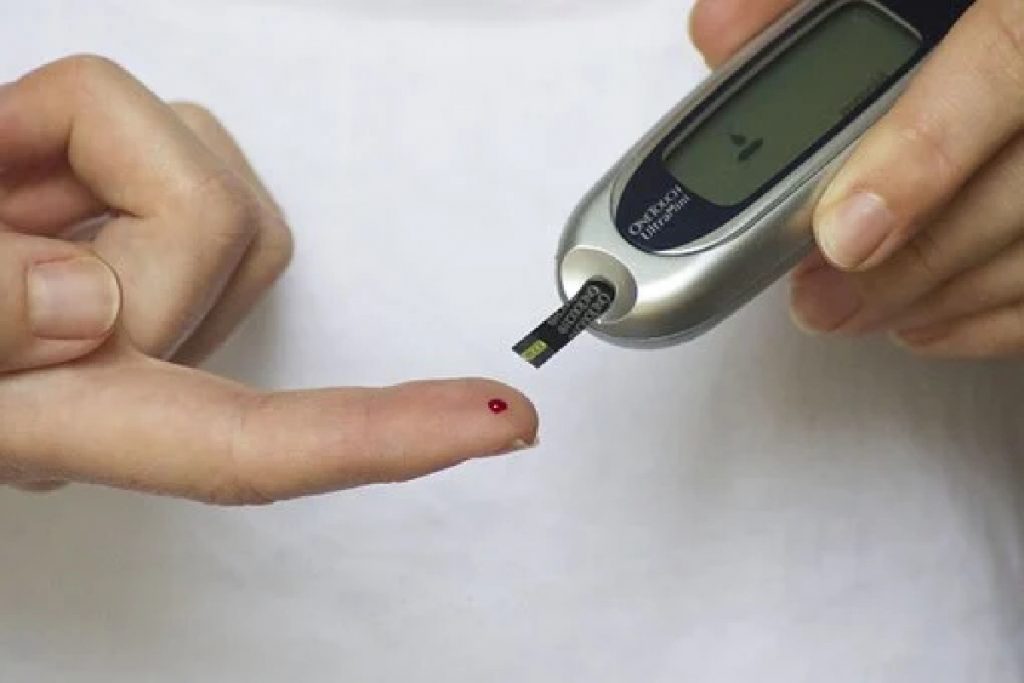Table of Contents
What is Diabetes?
Diabetes is a problem of assimilation, use, and storage of sugars supported by food. It results in high blood glucose (also called blood sugar) – this is called hyperglycemia.
Diabetes mellitus, generally known as diabetes, is a metabolic disease that causes blood sugar levels to rise. The hormone insulin takes the place of the blood in cells to store it or use it for energy. If ignored due to diabetes, high blood sugar levels damage the nerves, eyes, kidneys, and other organs.
Types of Diabetes
There are different types:
- Type 1 is an autoimmune disease. The immune system attaches itself to and destroys cells in the pancreas. Almost 10 percent of people with diabetes have this type.
- Type 2 survives as long as the body resists the insulin accumulated in the voter’s blood.
- Gestational is a high glycemic index during pregnancy.
- A rare insipidus is not related to diabetes mellitus, although it has a similar name.
Symptoms of Diabetes
General, Type 1 and Type 2 Symptoms
- Increased hunger
- Increased thirst
- Weight loss
- Frequent urination
- Blurry vision
- Extreme fatigue
- Wounds that do not heal
- Tiredness
- Mood swings
Symptoms in men – Men prevent low libido, erectile dysfunction (ED), and low muscle strength.
Symptoms in women – Women can also experience urinary tract infections, yeast infections, and dry, itchy skin.
It can also lead to recurring infections. It is because glucose levels are high, making it difficult for the body to heal.
Gestational Diabetes – Most women with gestational have no symptoms. Check the condition by a routine blood sugar test or oral glucose tolerance test that is generally effective between weeks 24 and 28 of gestation. A woman with gestational also experiences a build-up of thirst or urination.
Complications of Diabetes
High blood sugar damages organs and tissues throughout the body. The higher your blood sugar level and the longer you live with it, the greater the risk of complications.
Complications connected with it comprise:
- heart disease
- neuropathy
- nephropathy
- retinopathy and vision loss
- hearing loss
- foot damage, such as infections and sores that don’t heal
- skin conditions such as bacterial and fungal infections
- depression
- dementia
- Gestational – Uncontrolled gestational diabetes can cause problems that affect both mother and baby.
The mother may develop complications such as high blood pressure (pre-eclampsia) or type 2. She may also require a cesarean delivery, commonly called a cesarean section. It also increases the risk of gestational diabetes for the mother in future pregnancies.
Also Read: Acne – Definition, Symptoms, Causes, Prevention and More
Diabetes Treatment
Doctors treat it with a few different medications. Few medications are oral, while others are available as injections.
Diabetes type 1
Insulin is the major treatment for type 1. It replaces the hormone that your body cannot make.
There are four types of insulin. They differ in the speed with which they begin to act and the duration of their effects:
- Rapid-acting insulin begins to work in 15 minutes, and its effects last 3 to 4 hours.
- Short-acting insulin starts working in 30 minutes and lasts 6 to 8 hours.
- Intermediate-acting insulin begins to work in 1 to 2 hours and lasts for 12 to 18 hours.
- Long-acting insulin starts working a few hours after injection and lasts 24 hours or more.
Diabetes type 2
Diet and exercise help some people control type 2. If changes are not enough to lower blood sugar, you need to take medicine.
Gestational Diabetes
You will need to check your blood sugar level several times a day during pregnancy. If it is high, follow changes in diet and exercise.
Diabetes Prevention
- Get at least 150 minutes a week of aerobic exercises, such as walking or biking.
- Get rid of saturated and trans fats, as well as refined carbohydrates, from your diet.
- Eat more fruits, vegetables, and whole grains.
- Eat smaller portions.
- Try to lose 7% of your body weight if you are overweight or obese.
